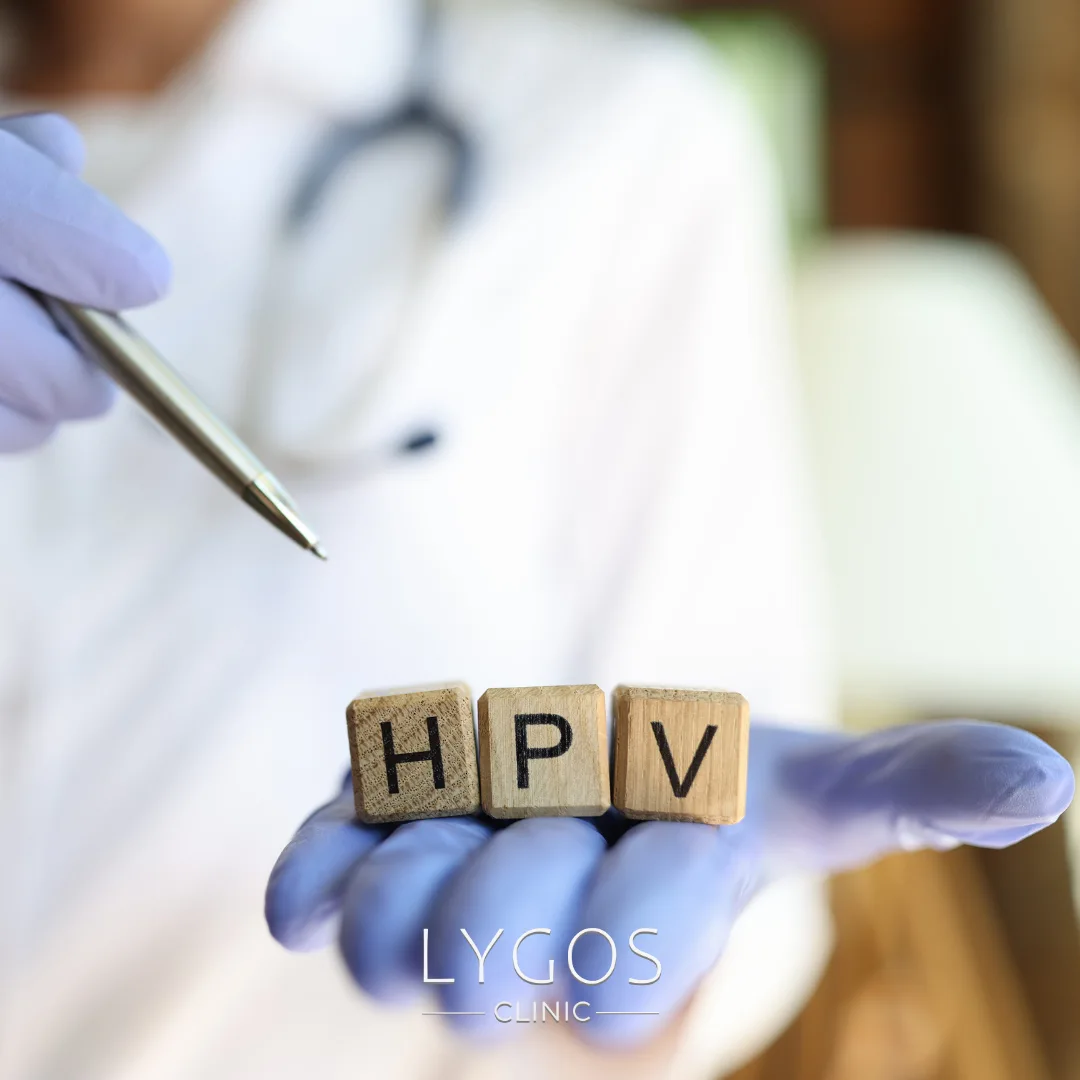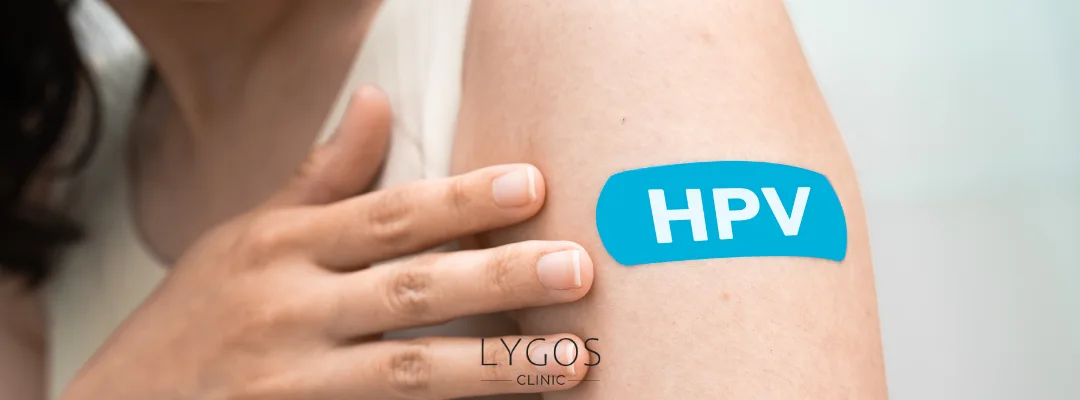Everything You Need to Know About HPV

Chose Your Topic
Everything You Need to Know About HPV
HPV, or Human Papillomavirus, is one of the most common sexually transmitted infections worldwide. Millions of people encounter this virus at some point in their lives. Often, it progresses without showing any symptoms, but in some cases, it can lead to serious health problems. In this article, under the title Everything You Need to Know About HPV, you can find details ranging from what the virus is, how it spreads, its symptoms, and prevention methods.
Although HPV infections are usually mild, if not detected early, they can have serious consequences. Therefore, it is extremely important for both women and men to have accurate information about HPV.

What is HPV?
HPV is a family of viruses with over 200 different types. Some of these types are harmless and can be cleared from the body naturally. However, certain types can lead to genital warts and even cancer. High-risk HPV types are particularly associated with cervical, penile, anal, and throat cancers.
HPV often does not show symptoms, making the infection difficult to detect. This can lead to the virus spreading silently and remaining untreated. In women, HPV can result in severe outcomes like cervical cancer, while in men it can cause genital warts and, in rare cases, cancer.
Understanding the prevalence and silent nature of HPV is critical. Studies show that 3 out of 4 sexually active people encounter HPV at some point in their lives, highlighting how widespread the virus is.
How Does HPV Spread?
HPV is most commonly transmitted through sexual contact. Vaginal, anal, or oral sex can pass the virus between partners. Using condoms reduces the risk of transmission but does not eliminate it entirely, as the virus can also spread through skin-to-skin contact in the genital area.
Transmission is not limited to sexual activity. Rarely, HPV can be passed from mother to baby during childbirth, which can cause respiratory warts in the newborn requiring treatment.
Since HPV infections often show no symptoms, partners can unknowingly transmit the virus to each other. Knowing risk factors and preventive measures is an important part of understanding HPV.
- Risk Factors
- Early age at first sexual activity
- Multiple sexual partners
- Weakened immune system
- Smoking (especially increases the risk of cervical cancer)
These factors can increase the likelihood of HPV infection. Personal awareness and preventive measures play a major role in reducing transmission.

What Are the Symptoms of HPV?
HPV infection often progresses silently and may not show symptoms for many years. However, some HPV types can cause wart-like lesions in the genital area, anus, or around the mouth. These warts are usually small, flesh-colored, or the size of a lentil.
In women, HPV infection can cause cellular changes in the cervix, detectable through Pap smears or HPV DNA tests. If untreated, these changes may eventually develop into cervical cancer.
In men, genital warts or, rarely, lesions on the penis and surrounding areas may occur. HPV infection in the mouth or throat usually presents as difficulty swallowing or sore throat.
It’s important to know that symptoms can sometimes be very mild, and routine check-ups are crucial. Early diagnosis is vital for preventing serious diseases.
What Types of Cancer Can HPV Cause?
High-risk HPV types play a major role in cancer development. According to the World Health Organization, about 70% of cervical cancers are caused by HPV types 16 and 18. HPV is also associated with:
- Cervical cancer: The most well-known outcome in women; early detection is possible with Pap smear.
- Anal cancer: Can occur in both men and women.
- Penile cancer: Rare but can be HPV-related.
- Vaginal and vulvar cancer: High-risk HPV types can cause cellular changes in these areas.
- Oral and throat cancers: Particularly associated with HPV type 16.
This highlights that HPV is not limited to warts but can lead to serious and life-threatening cancers.
Is There a Treatment for HPV?
There is no direct antiviral treatment for HPV. The virus is usually cleared by the immune system within 1–2 years. However, lesions and cellular changes caused by HPV can be treated.
Warts can be removed with topical medications, cryotherapy (freezing), or surgery. Cervical cellular changes can be successfully treated if detected early.
Treatment focuses on the effects of the virus, not the virus itself. Regular check-ups, Pap smears, and HPV DNA tests are critical for preventing complications.

How to Prevent HPV
The most effective way to prevent HPV infection is vaccination. The HPV vaccine protects against most high-risk types and plays a critical role in preventing cervical cancer. Vaccination is most effective before sexual activity begins but can be given at older ages as well.
Other preventive measures include:
- Using condoms (reduces transmission risk)
- Practicing monogamy and safe sexual habits
- Regular Pap smears and HPV tests
- Maintaining a strong immune system (healthy diet, regular sleep, exercise)
These measures can significantly reduce the risk of HPV transmission. Vaccination provides a strong safeguard.
HPV is a common virus that can cause serious health problems in both women and men. Having accurate information, undergoing regular screening, and getting vaccinated can minimize the potential consequences of HPV.
Understanding HPV is not just about recognizing the disease. It also includes knowing how it spreads, its symptoms, which cancers it can cause, treatment options, and preventive measures. This knowledge increases awareness and protects public health.
Being informed about HPV is the first step in protecting yourself and your loved ones. Early detection and prevention save lives and keep you safe from serious diseases caused by HPV.
Everything You Need to Know About HPV Frequently Asked Questions (FAQ)
HPV stands for Human Papillomavirus and is a sexually transmitted virus. It can be transmitted during vaginal, anal, or oral sex. Condoms reduce the risk but do not completely prevent transmission.
No, HPV infections often progress silently for many years. Some HPV types can cause genital warts or cellular changes in the cervix.
High-risk HPV types are linked to cervical, anal, penile, vaginal, vulvar, and oral-throat cancers. About 70% of cervical cancers are caused by HPV types 16 and 18.
There is no treatment that directly removes the HPV virus. Most of the time, the immune system clears the virus within 1–2 years. Warts and cellular changes caused by HPV can be treated through various medical interventions.



